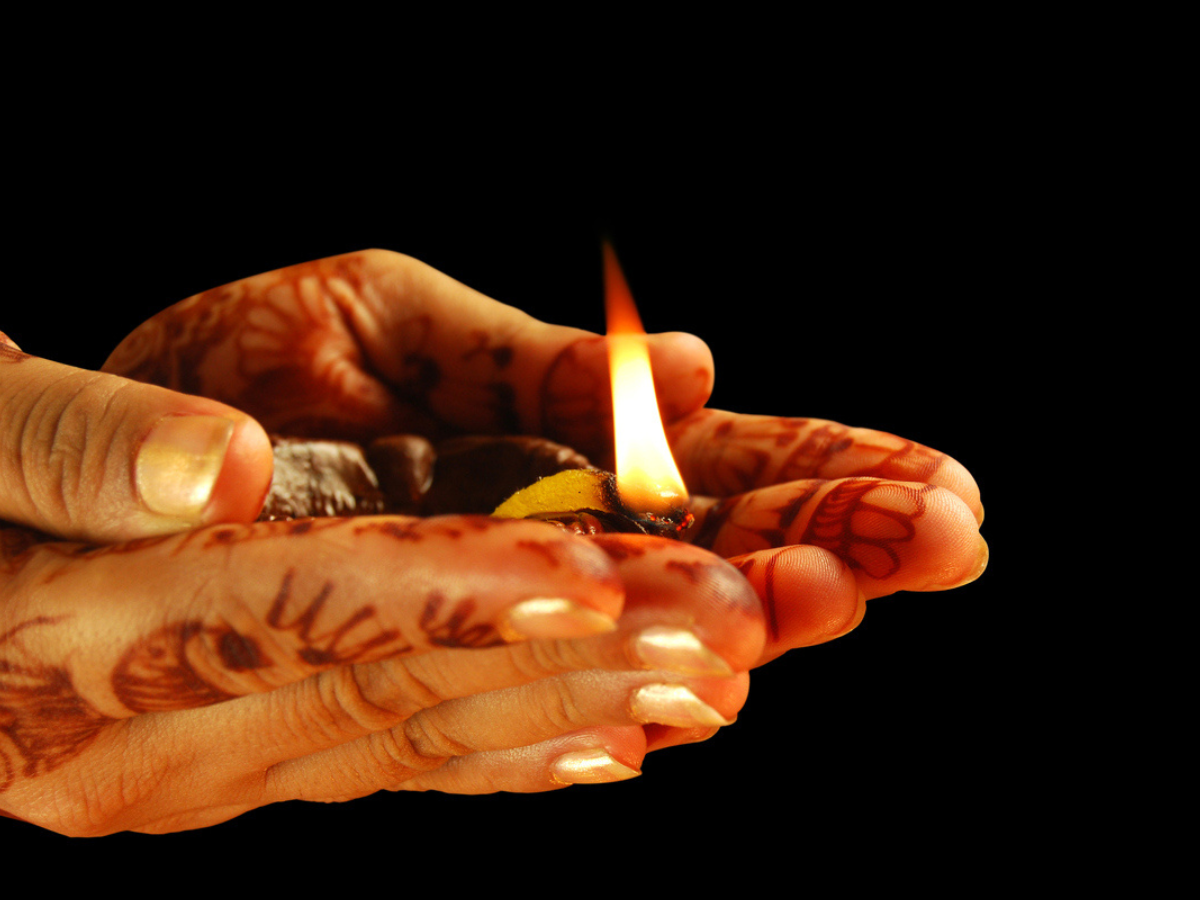
Navratri is a Hindu festival which holds immense religious significance. The festival is observed for nine days, which explains why it is referred to as navratri or nine nights. As per Hinduism, there are four navratris: one that falls in the month of Chaitra, the second that falls in the month of Sharada, the third navratri falls in the month of Magha and the fourth one is observed in the month of Asadha.
Hindus are awaiting the celebration of navratri from September 26 to October 5.
During navratri, nine forms of Devi Durga are worshipped following strict rules and regulations. On the first day, Shailaputri is worshipped, on day two Brahmacharini is worshipped, on third, fourth and fifth day Chandraghanta, Kushmanda and Skandamata are worshipped respectively. Katyayani is worshipped on day six, Kaalaratri on day seven, Mahagauri on day eight and Siddhidatri on day nine.
As mentioned above Navratri is observed following strict rules and regulations as per Hindu customs. People abstain from consumption of non-vegetarian food, onion, and garlic. People also refrain from consuming meals during this period. This, they believe, helps in worshipping and revering the god in the right manner.
Here are details on what to do and what not to do during navratri fast.
Consume dairy products: Dairy products like milk, buttermilk and ghee will keep you energetic throughout the day despite the fact that your body does not get the regular meals. In order to keep the body filled and to keep the hunger pangs away do not forget to have these protein rich foods during navratri.
Seasonal fruits and vegetables: Vegetables and fruits like sweet potatoes, lauki, pumpkin, spinach, grapes, apple, watermelon, banana should be consumed throughout the day in order to provide the body the right kind of phytonutrients it might miss from the regular meals.
Special flours: Flours and rice from buckwheat, millet, sabudana, rajgira, water chestnut are considered pure and pious during navratri. These flours can be made into rotis, pooris, cheelas and pakodis and can be delicious even without the regular masala and condiments.
Special salt: Sendha namak is considered pure and healthy during navratri. Apart from this one can also consume spices like jeera, cinnamon, and clove during navratri in order to benefit from the antioxidant and anti-inflammatory properties these spices have in them.
Dry fruits: Navratri delicacies must have dry fruits in them. Common dry fruits like walnuts, dates, pistachios, almonds and raisins should be soaked and eaten throughout the nine days and even after that.
Avoid onion and garlic: These foods are considered to be tamasic foods as per Hindu tradition. During every festival, people refrain from consuming these foods.
Avoid mushroom: Contrary to what many people believe it to be, mushrooms are actually suggested to be avoided during navratri. Though their status as a vegetarian food or as a non vegetarian food remains dicey, it should be avoided during navratri.
Avoid normal salt: As mentioned above, regular salt or the iodised salt packed which we buy from the departmental store should not be consumed during navratri. These processed salts are barred from religious activities. Normal rock salt should be eaten during navratri.
Avoid non vegetarian food: Fish, meat, egg should be avoided during navratri.
Avoid regular wheat and rice: One should also avoid eating wheat and rice during navratri. Special flour made of buckwheat, rajgira, millet, water chestnut should be eaten during these nine days as a mark of respect in the form of abstinence from regular diet.
One should not considered the abstinence of regular food as a compulsion. The puja should be done with a clean heart and a pure mind. The foods that are specific to navratri hold rich health benefits. Apart from its religious significance one should also aim for the nutritional benefits these foods offer.







